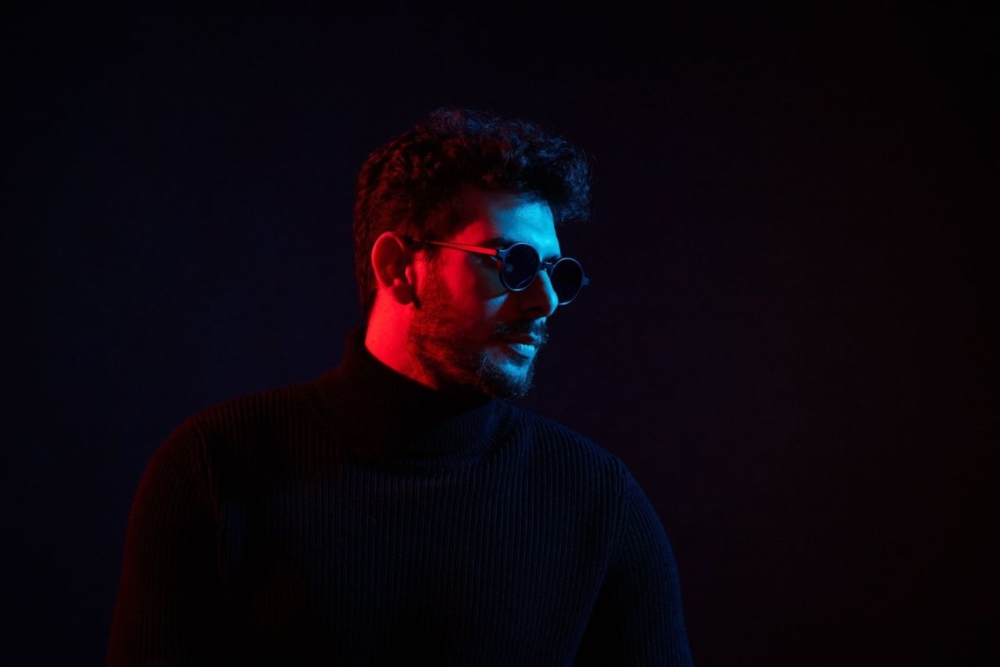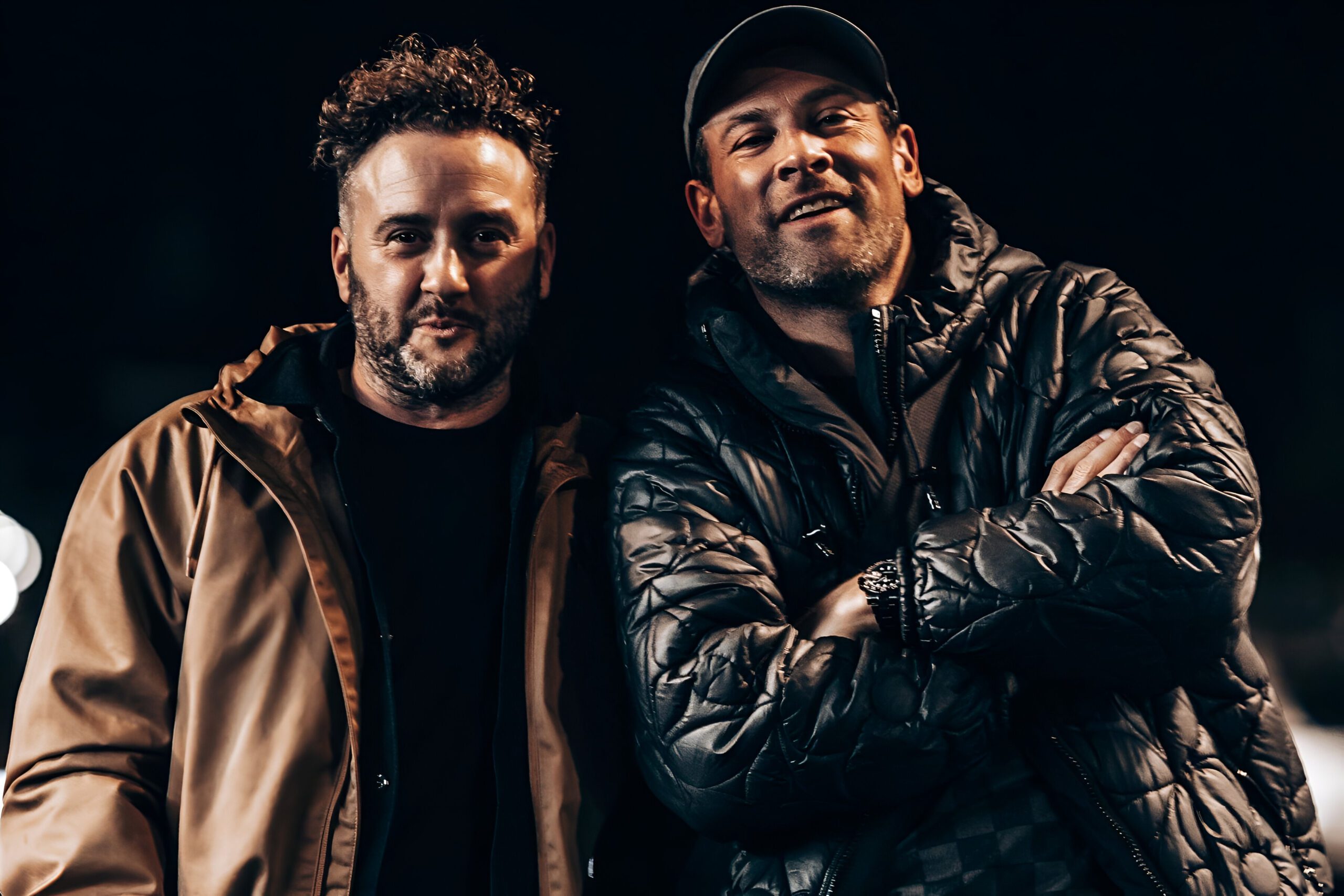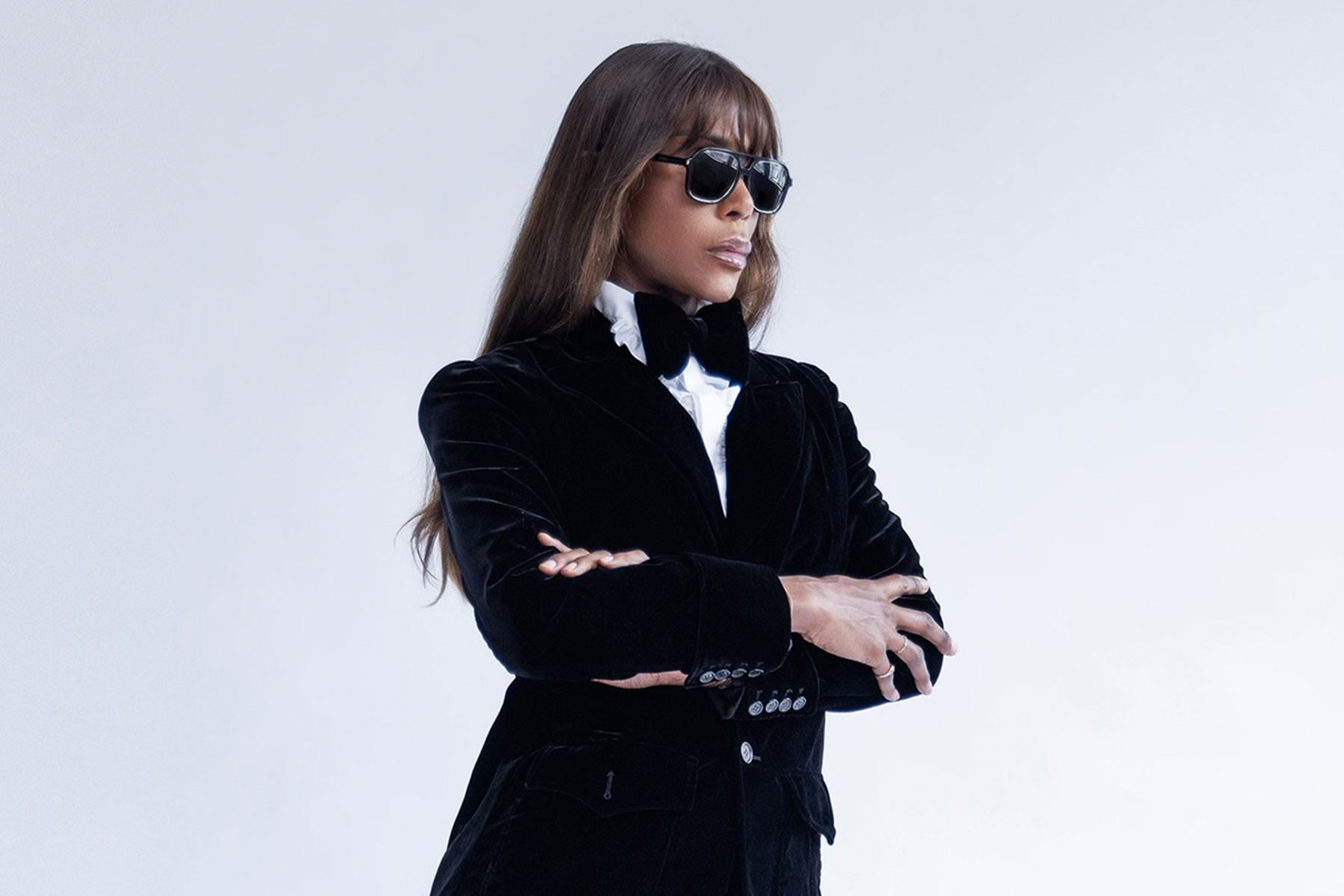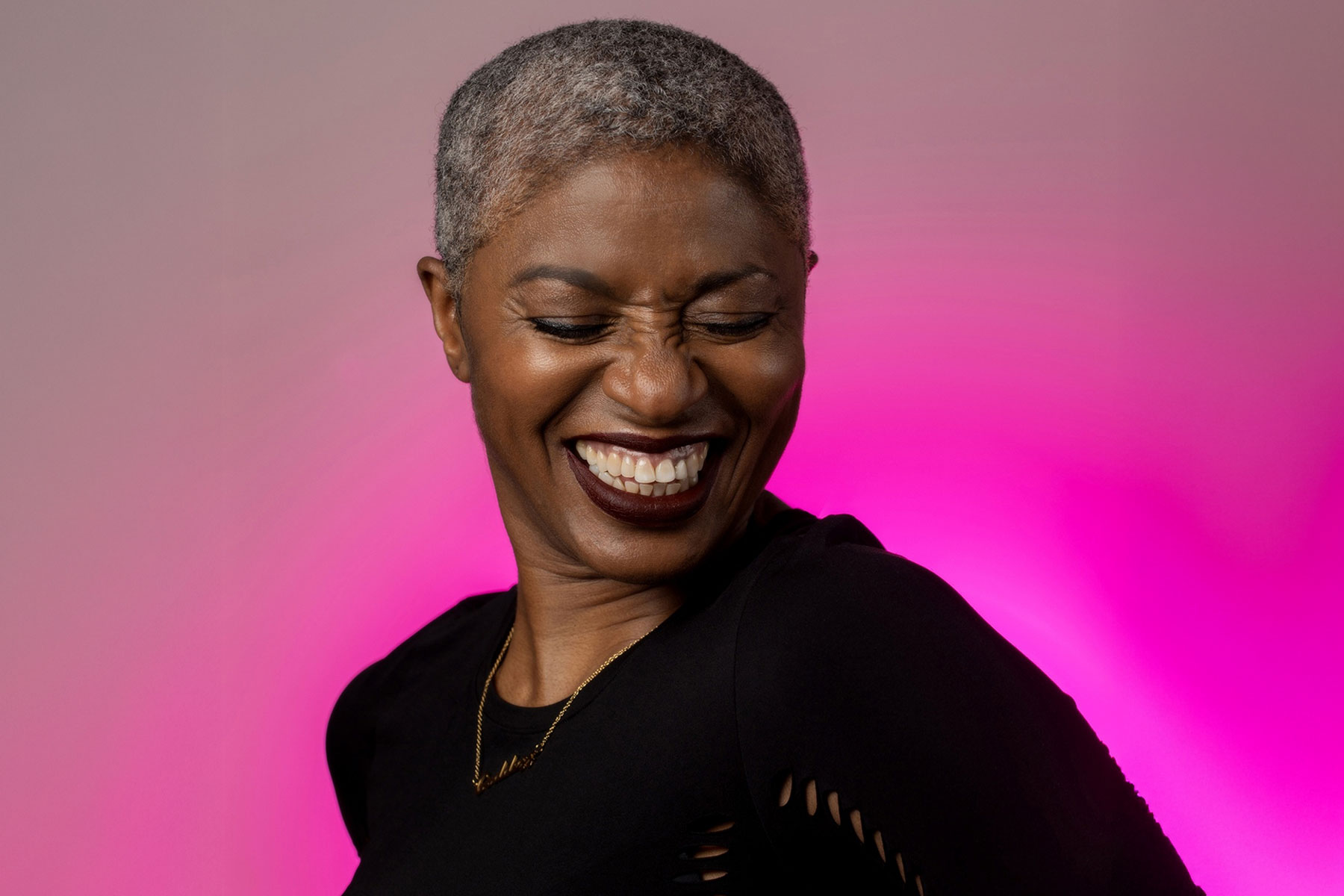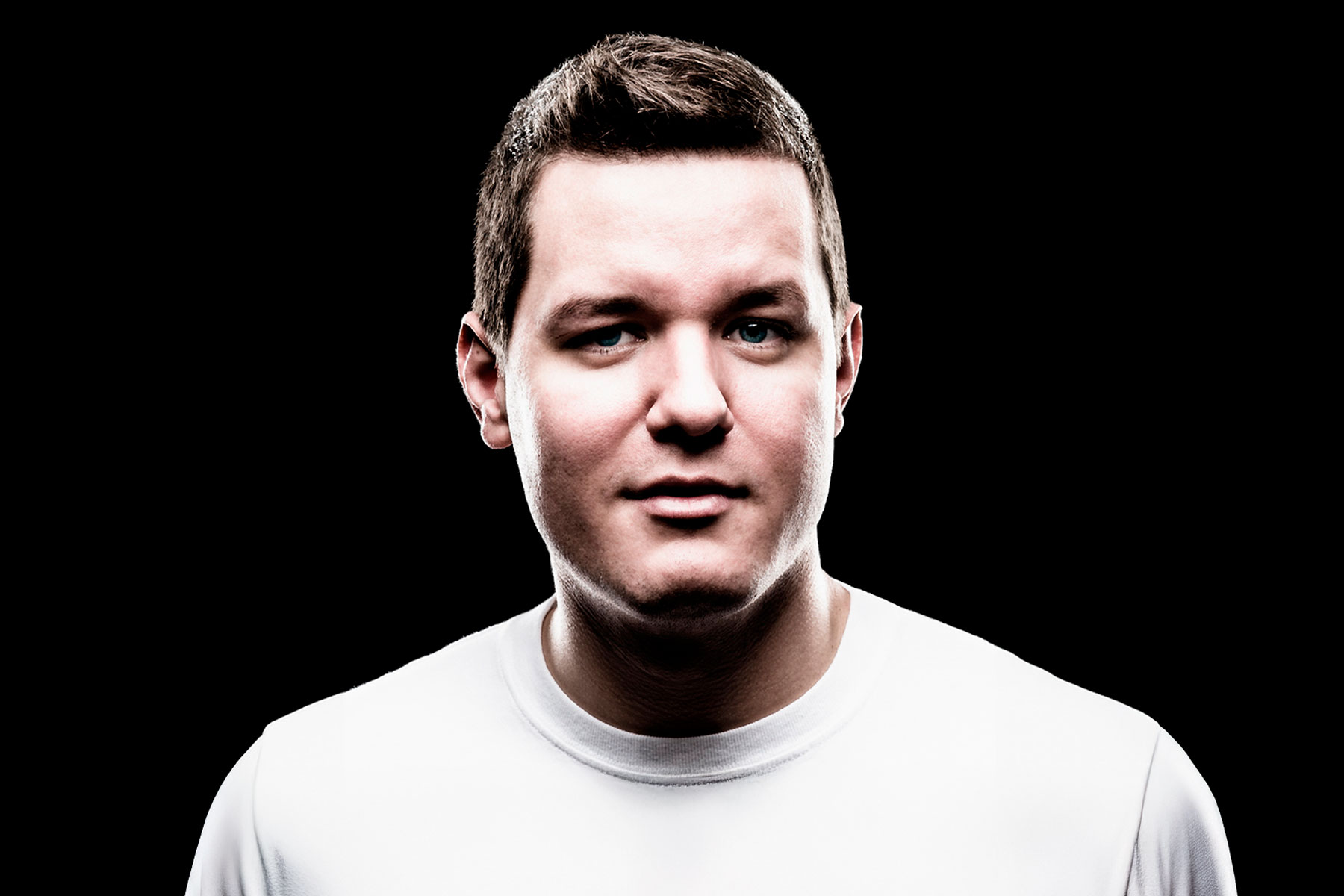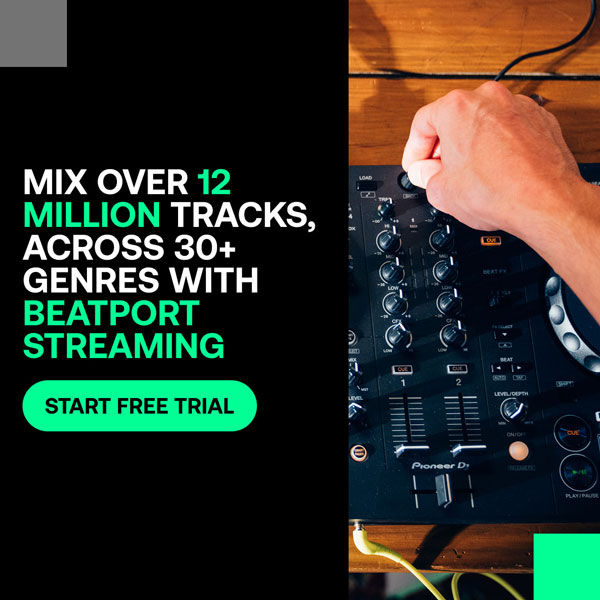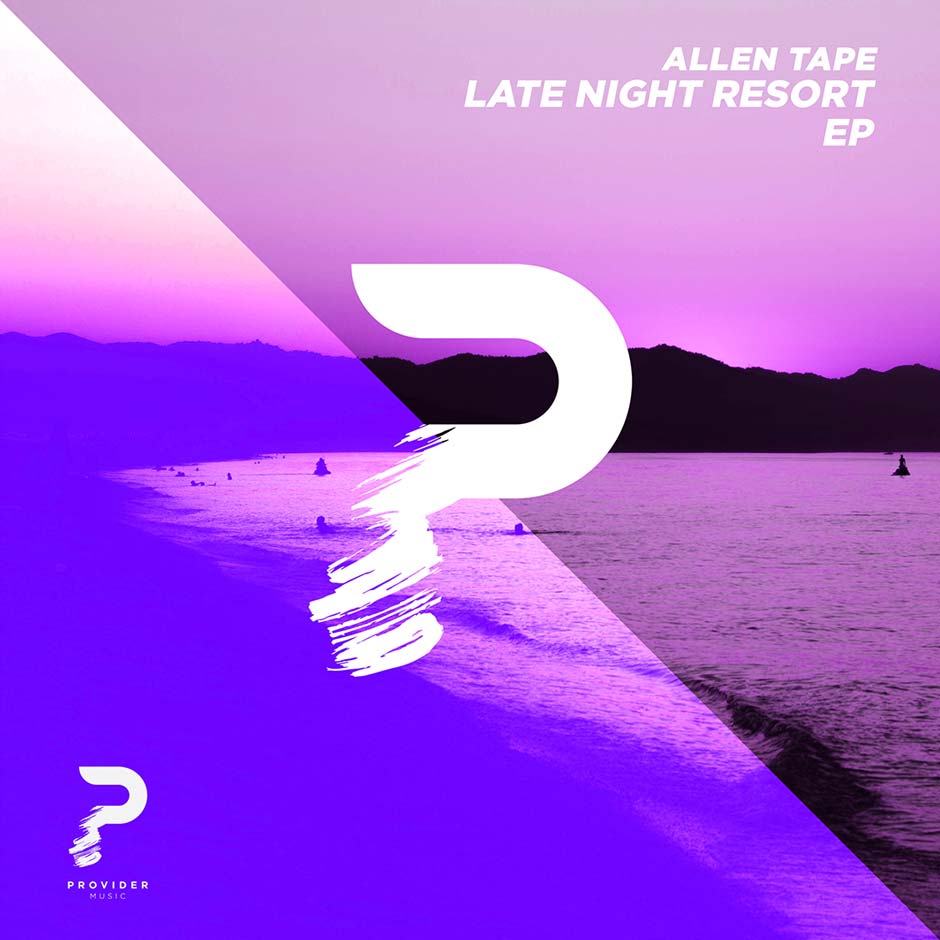Lingam, also known as Yoni Weizenberg, is a DJ and producer based in Tel Aviv. Despite facing severe hearing loss at the age of 3, he has become a talented and passionate musician, earning a reputation as a skilled and innovative artist.
Photo Credit: Lingam – Facebook
Yoni has always had a passion for music and has learned to interpret and understand it in a unique way. He began experimenting with music at the young age of 13, honing his skills as a DJ and producer. Over the years, he has dedicated himself to learning and growing as a musician, experiencing a full musical transformation by the age of 27. He started making his own original music and eventually launched his solo Indie Techno project.
EG caught up with Lingam to learn more about his single ‘Meant to Be’ and the process for his upcoming debut album.
EG: Hi Yoni! Welcome to EG. It’s a pleasure to have you here with us. How have you been? Where are you right now?
Lingam: Hey EG! Glad to have this interview with you honestly! I’m in on the entrance to one of the most existing periods of my life so far! After a long while, and really hard work, I’m finally feeling that I’m ready to get heard around the globe with a lot of unique tracks which tell my story.
EG: First of all, congratulations on the recent release of ‘Meant to Be’. We really enjoyed it. What was its reception like? What’s ‘Meant to Be’ all about?
Lingam: Thanks! I’m really happy to hear that you liked it! The ‘Meant to Be’ melody stuck in my head for a long time, I could not know how to get it done right, every time I wrote it down, I felt that something missed. I wrote it again and again and left it behind, but I never gave up. It took a lot of time till it was produced and vanished to the version you heard. This is why I called it ‘Meant to Be’. After all, everything is coming at the right time, and you just need to be patient, take a breath, and try again and again. I got an option to release it under a label, but I felt it would be more special and right to release it on my behalf, and the results were amazing! I enjoyed seeing all the comments and shares on SoundCloud and it felt like it meant to be exactly like that.
EG: Now you are working on your debut album, right? Is there anything you can anticipate on that front?
Lingam: Yes! After a while in my studio, I finished most of the tracks which lead me to present a different version of myself. The tracks I’m working on are more deep, spiritual, mature, and dreamy. They’re trying to tell a deep electronic story in a genre that I think still not exists. I’m really curious to see the crowd response and to learn about the feeling these tracks could make.
EG: You’ve got quite a unique backstory, which unfortunately means that you only have 15% hearing in both ears. Is that right?
Lingam: Yes, you’re right. When I was only 3 years old, I start to wear hearing aids, and my hearing became worse from year to year. My parents always believe me and sent me to normal schools, because they believed that I need to get inside the deep water to find my way to communicate with my environment. It was a really hard journey to overcome my limit and to love it in me.
“I finished most of the tracks which lead me to present a different version of myself”
EG: Can you explain to us just exactly how you perceive sound? Are some frequencies easier for you to “detect”? How does this affect the way in which you produce music?
Lingam: Wow, that’s a good question and I will try my best to answer it accurately as I can.
My starting point is that I hear what I think I hear. What does it mean? It means that I actually think about sounds really different from normal people. For example, if you hear a broken glass, you can understand that is a broken glass sound, but me? It is just a high noisy sound, without context. Another example, I set a rain sound in one of my tracks, and it sounds to me like a cool noise, but not like rain. When I played that song to a friend, she look outside and ask me if it is rainy, and then I understood what I did. To summarize it, I need to understand the context somehow, in order to understand what the sound is sounding like. This is why I can’t hear or understand vocals in music, for me, it sounds like another instrument and I can’t understand the lyrics without reading them simultaneously.
About the frequencies, I hear mostly the lower frequencies, from 50Hz to around 8-10KHz (depending on the volume of course). So it’s really hard for me to work on the high hats and other high sounds, and I’m using a special technique to understand what I do. In a nutshell, I think this is what makes my tracks really different because I think my tracks is sounds like “other” reference tracks, but it does not (according to normal-hearing people).
EG: When and why did you decide to give music production a go? What was that learning process like?
Lingam: Music always was around me, my grandparents played classical music and my father rock music, and it really was fun to grow up like this. I remember when I was around 5-6 years old I prepared some pots to play on with professional drumsticks I received from a show. So I think I decided it at a really young age, despite my limit. I started to play with ‘Ejay’ software at age 11, and this was my first experience with computer music production.
Because computers were always my strength side, I found myself moving from one production software to another, from fruity loops to Cubase, but because of my limit, I could not advance in the production. I couldn’t understand how to make the music sounds good. I sent the tracks I made to friends who always told me that is something off-key, but for me, it sounds great. This made me really frustrated because I know the technique, I understand how to create unique sounds, but couldn’t understand why it always sounds off-key. I decided to stop it around age 16 because I understand that I need to do something else in my life. Through the years, I never let this dream die, and when I was 21 I bought my first monitors because I believe it will help me to sound better. I was wrong. I still was off the key and I decided to put them inside the closet. The journey begins again when I had the possibility to connect my hearing aids directly to the computer with Bluetooth, and for the first time, I started to make something that sounds really ok! From here, I started with a very long and special process that worked on my brain, and teach it what sounds good and what not. This lead me to talk with you today, after a few successful releases that I’m so proud of. In summary, it took me around 20 years to make my dream come true, and I have a very long and exciting way ahead.
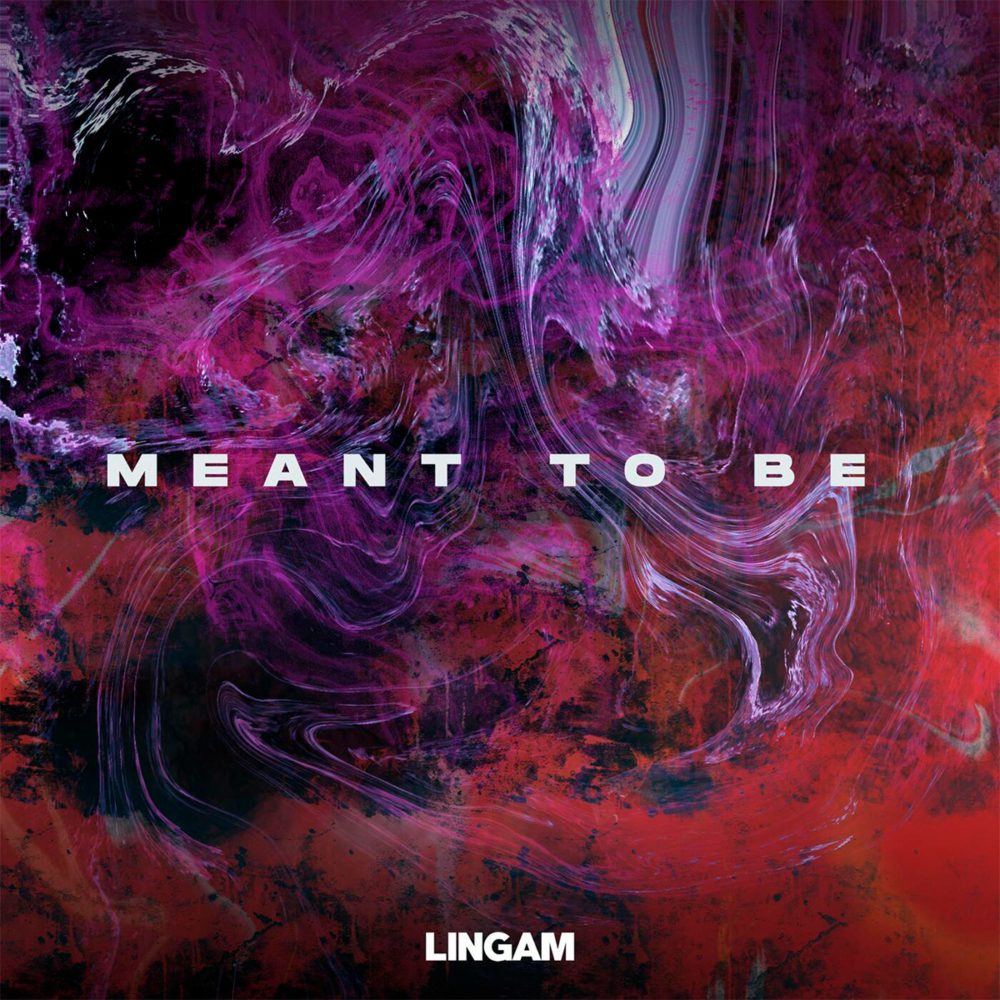
EG: And how would you describe your sound? Are you sounding the way that you imagine you would when you first set out to make music?
Lingam: As I told you in the previous question, I sound really different from you. From my understanding, I think my sound is deep, dark, and weird, with a bit of psychedelic over it, led by a strong groove and rhythm. I am always excited to make sounds that I imagine before, and I think I archive my imagination step by step .
EG: Now, stepping away from the studio for a bit…Have you found any good books, movies, or albums lately that you’d recommend
Lingam: I would like to recommend one of the books that changed my vision and teach me the basic of how our brain works and what we could do to make it work better. The book’s name is ‘The Brain That Changes Itself’ by the author Norman Doidge. Do a favor for yourself and read it because it will give you another perspective on how can we make our brain works for us.
“The journey begins again when I had the possibility to connect my hearing aids directly to the computer with Bluetooth, and for the first time, I started to make something that sounds really ok!”
EG: What’s next for Lingam? Where can your fans catch you next? What new milestones are you looking forward to in 2023?
Lingam: 2023 is a year that I focused on improving my tracks, my sounds, and my language, in order to do a few big releases in 2024. I want to archive a significant signature on a big label by the end of the year because I really want my story to be heard and supported by the industry. I hope it will give hope and inspiration to some people around the world. Everything is possible if you want it hard enough.
EG: Thank you for your time, Yoni! We’re excited to see what’s in store for you. Take care!
Lingam: Thank you for the chance to tell my story!
Lingam’s ‘Meant to Be’ single is out now. Grab your copy here.
Follow Lingam: Website I Soundcloud | Spotify | Instagram | Facebook


